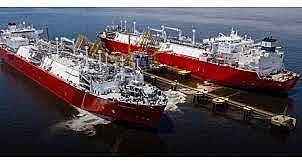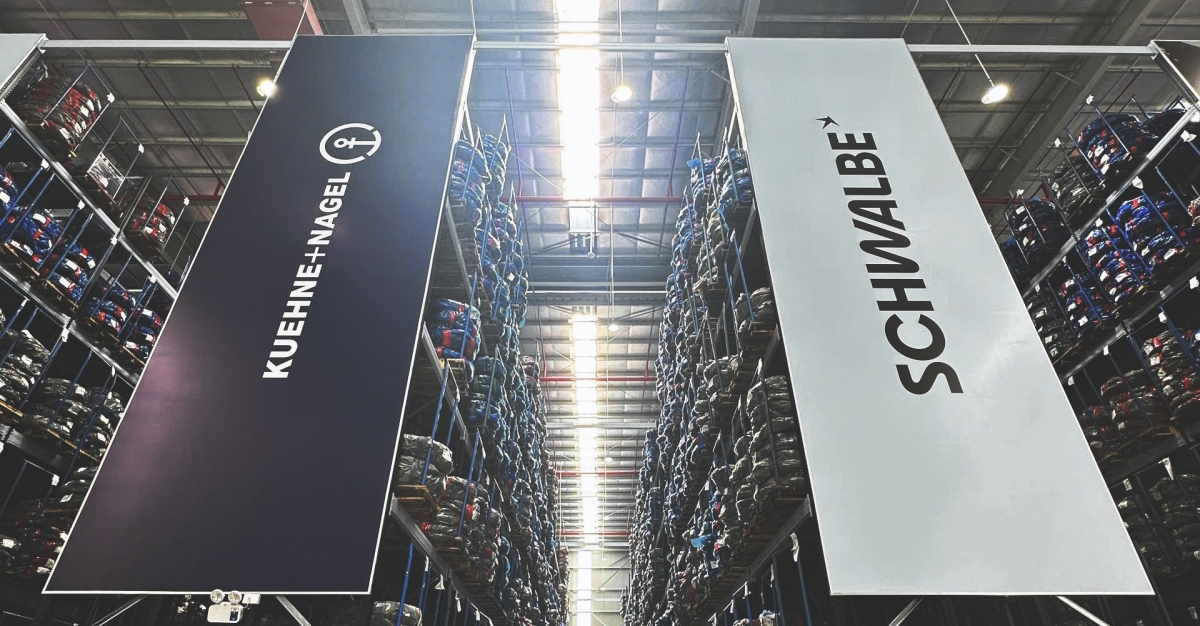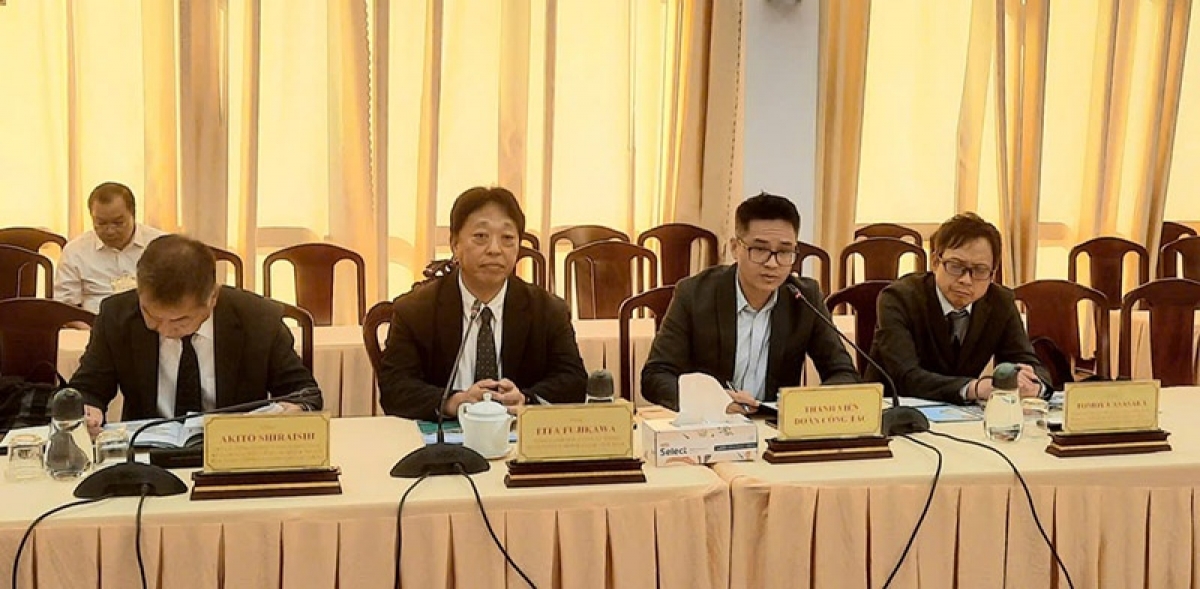INTERNATIONAL INVESTMENT
AND PORTAL
Energy Capital Vietnam has joined hands with B.Grimm Power, and Siemens Energy to accelerate the development of the Mui Ke Ga LNG project in Vietnam.

B.Grimm Power will invest approximately $200 million in equity at financial close of LNG-to-power project in Mui Ke Ga LNG project. Photo: ECV
Under the consortium agreement, Thailand-based B.Grimm Power intends to invest approximately $200 million in equity at the financial close of the Mui Ke Ga (MKG) liquefied natural gas (LNG) to power project in Binh Thuan province in South Vietnam.
Meanwhile, Siemens Energy will deliver advanced technology equipment to the project to reduce the global carbon footprint by bringing cleaner burning gas to a still coal-dominated region. Further, Siemens Energy is evaluating participating in the construction of the project, which has an estimated total project cost of $1.75 billion.
“B.Grimm Power is excited to work with Energy Capital Vietnam (ECV), Siemens Energy, and Maius to deliver the MKG LNG project on time and we welcome the timely issuance of Power Development Plan VIII (PDP8),” said Dr. Harald Link, chairman and president of B.Grimm Power.
David Lewis, ECV chairman and CEO, said the addition of B.Grimm Power and Siemens Energy as partners speaks to the strength of the MKG project in Vietnam.
“Partnering with B.Grimm Power and Siemens Energy bolsters ECV’s first-class LNG-to-power project that will provide critical energy security to Vietnam," Lewis said. “Beyond world-class engineering competence and efficiency, B.Grimm Power and Siemens Energy take a comprehensive approach to the development by leveraging global relationships and experience to deliver turnkey solutions."
ECV signed an MoU with the People’s Committee of Binh Thuan province in 2019 to develop a fully private, multi-phase LNG-to-power complex and received in-principle approval from the prime minister in 2020. Currently, it is waiting for approval to be added to the PDP 8.
The MKG project will produce up to 3,600MW of power using 3 million tonnes of LNG per annum. The project will utilise a floating storage and regasification unit to provide the most economical solution for importing LNG and will connect via a subsea pipeline to an onshore power complex. The first phase of this project is slated to go into operation in 2025.
By Nguyen Thu



















